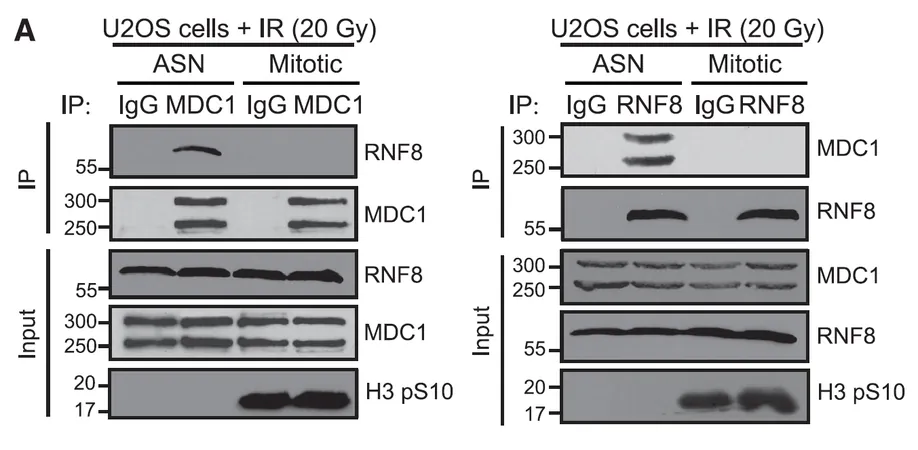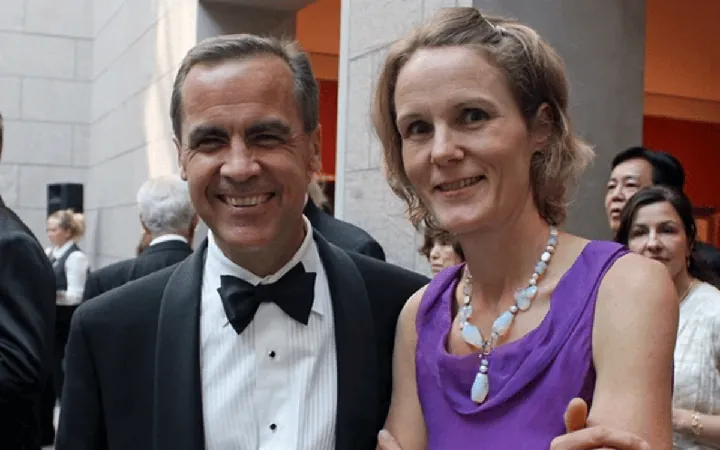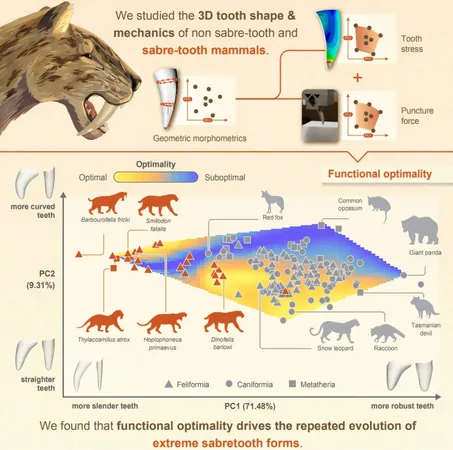
Shocking Retraction: Renowned Toronto Lab’s 2014 Study Under Fire!
2025-01-09
Author: Jacques
Introduction
In a monumental turn of events, a paper published in 2014 by a prominent lab at the University of Toronto has been officially retracted due to serious questions regarding data integrity. The groundbreaking study, titled “Mitosis Inhibits DNA Double-Strand Break Repair to Guard Against Telomere Fusions,” was authored by the lab led by molecular genetics professor Daniel Durocher.
Details of the Retraction
This dramatic action follows a December 2024 expression of concern that highlighted “potential data integrity issues” linked to the research. Today, the retraction notice was released and signed by all original authors, acknowledging significant anomalies found in multiple figures of the paper, including discrepancies in Fig. 1 and several supplementary materials.
Response and Investigation
Durocher and his team are actively collaborating with the Sinai Health Lunenfeld-Tanenbaum Research Institute to investigate the findings. “Because of the scope and seriousness of the data and image irregularities, the authors have made the prudent decision to retract the paper, which we fully support,” stated Meagan Phelan, a communications director for *Science*.
Impact on the Scientific Community
The retracted paper has garnered considerable attention, being cited 258 times to date, indicating its influence in the scientific community. However, it is not the first time concerns have been raised about research from Durocher's lab. Previous investigations flagged two other papers for potential image duplications, including a widely cited 2007 article that has amassed over 700 citations.
Emergence of Concerns
The issues came to light after a November 2024 comment from a user named "Mycosphaerella arachidis" on PubPeer, who noted the striking similarities in the images presented in the questioned studies. This prompted an internal review of the papers' validity.
Institutional Response
While the precise nature of the anomalies is still being scrutinized, an internal inquiry has been initiated in line with institutional protocols on addressing allegations of research misconduct after Durocher promptly alerted Sinai Health upon discovering these irregularities.
Conclusion
As scientists and researchers grapple with issues of integrity in academic publication, this retraction raises crucial questions about the oversight mechanisms in place and the responsibility of research labs to uphold high standards. Stay tuned as we continue to monitor developments in this unfolding story, which underscores the challenges faced by even the most reputable scientific institutions.









 Brasil (PT)
Brasil (PT)
 Canada (EN)
Canada (EN)
 Chile (ES)
Chile (ES)
 Česko (CS)
Česko (CS)
 대한민국 (KO)
대한민국 (KO)
 España (ES)
España (ES)
 France (FR)
France (FR)
 Hong Kong (EN)
Hong Kong (EN)
 Italia (IT)
Italia (IT)
 日本 (JA)
日本 (JA)
 Magyarország (HU)
Magyarország (HU)
 Norge (NO)
Norge (NO)
 Polska (PL)
Polska (PL)
 Schweiz (DE)
Schweiz (DE)
 Singapore (EN)
Singapore (EN)
 Sverige (SV)
Sverige (SV)
 Suomi (FI)
Suomi (FI)
 Türkiye (TR)
Türkiye (TR)